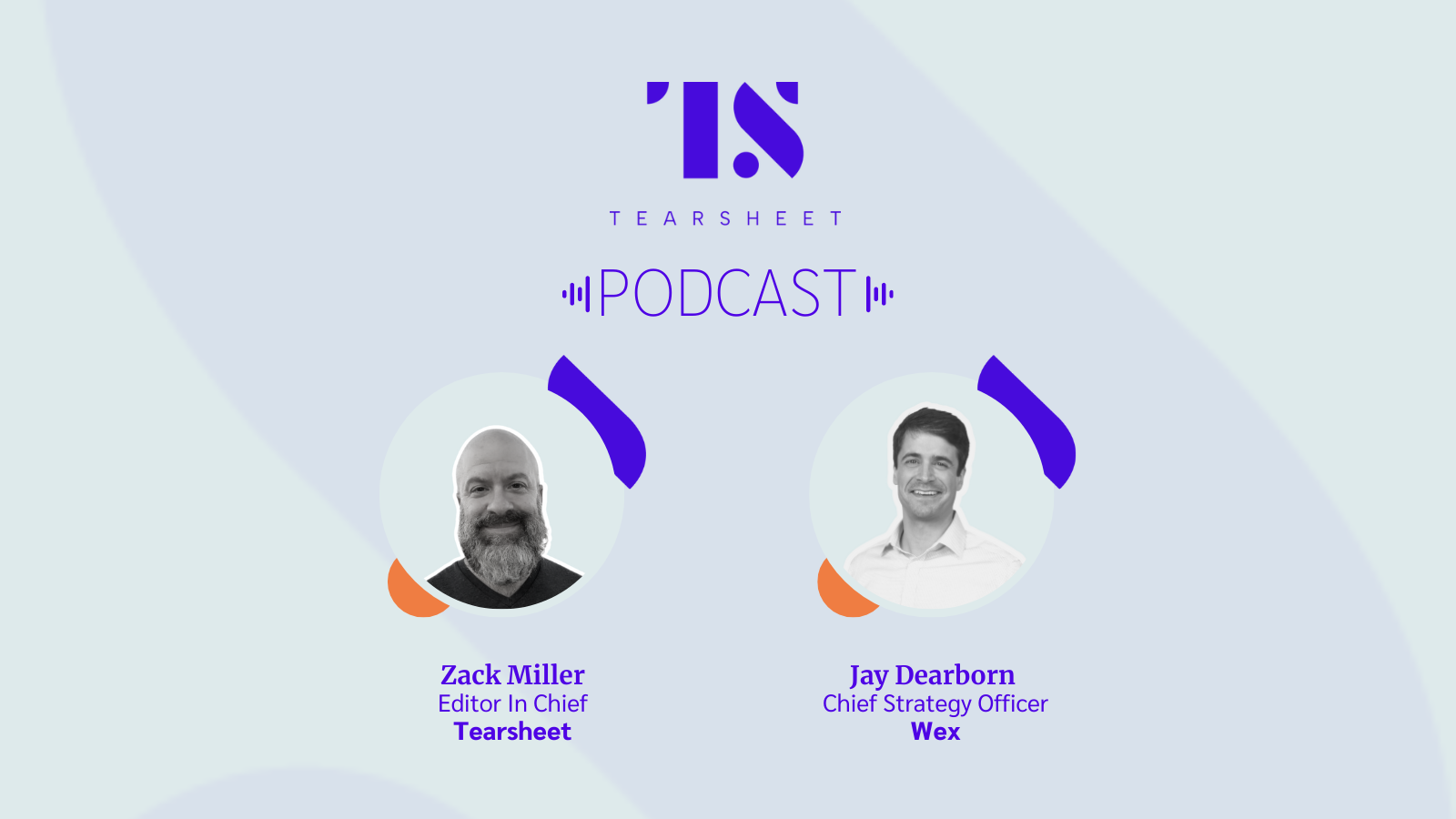Podcasts
‘There’s been huge investment in point solutions, but they don’t exist long term’: Jay Dearborn, Wex
- Payments firm Wex has found a way to continue to consistently grow its fuel card, corporate payments, and health care products offerings.
- Chief strategy officer Jay Dearborn joins us on the podcast to talk about where the firm is investing and what type of M&A he's looking for.








